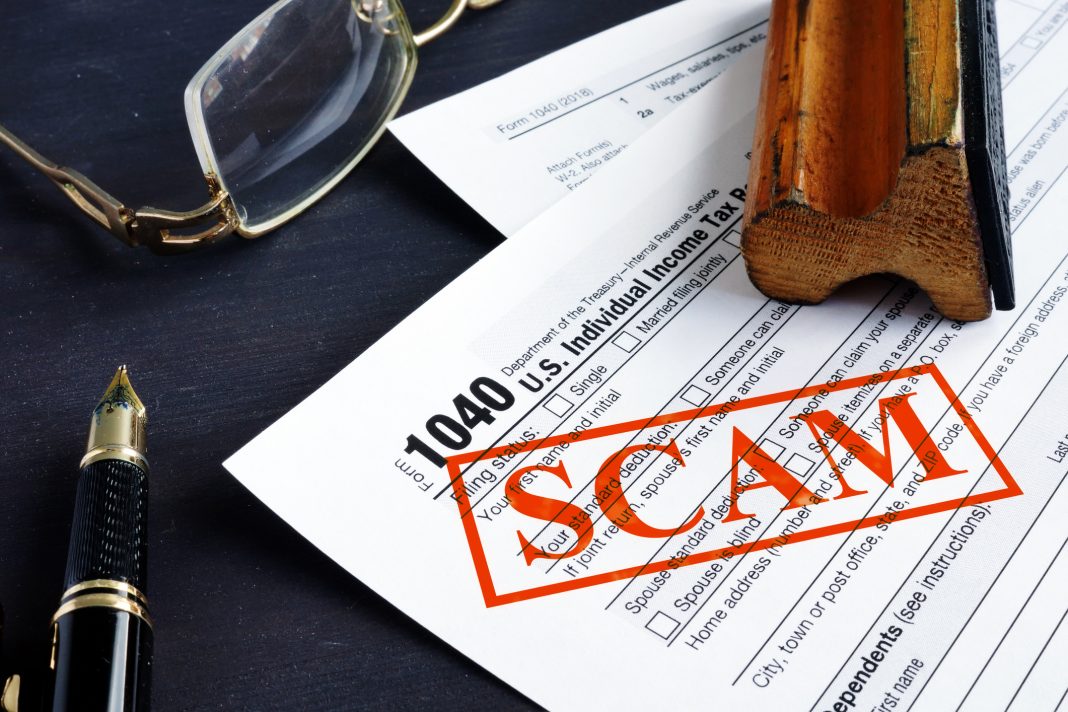The IRS’s “Dirty Dozen” tax scams of 2021 are a mix of familiar tactics and pandemic-related exploits.
Every year, the IRS identifies “the worst of the worst tax scams” of the year. This year’s scams will be broken down into four specific categories: pandemic-related scams, personal information cons, ruses focusing on unsuspecting victims, and schemes that trick taxpayers into doing what they ought not.
One of the first installments, released June 30, lists five scams:
- Fake charities: “The IRS advises taxpayers to be on the lookout for scammers who set up fake organizations to take advantage of the public’s generosity,” states the announcement, recommending that taxpayers use the agency’s Tax Exempt Organization Search tool.
- Immigrant/senior fraud: Scammers commonly target either the elderly or populations with limited English proficiency, often threatening legal consequences such as incarceration, deportation, or revocation of a driver’s license unless sensitive information or payment is provided. “These are scare tactics,” states the IRS website, which reminds taxpayers that communication is typically initiated through the mail.
- Compromise mills: “We’re increasingly concerned that people having trouble paying their taxes are being duped into misleading claims about settling their tax debts for ‘pennies on the dollar’,” said IRS Commissioner Chuck Rettig. The IRS warns taxpayers to be cautious of any third-party offering to facilitate Offer in Compromise (OIC) applications or First Time Penalty Abatements, and to apply directly through the agency’s website.
- Unscrupulous tax return preparers: Taxpayers are often taken advantage of by unethical tax preparers. Typical red flags include requiring payment in cash and not providing receipts, willingness to provide false income to qualify for tax credits or deductions, directing return funds into their own bank accounts, or declining to sign prepared tax returns. “Taxpayers should also remember that they are legally responsible for what is on their tax return even if it is prepared by someone else,” states the announcement.
- Unemployment insurance fraud: The one tax scam listed on the initial five not specifically targeting individual taxpayers, unemployment insurance scams can work with or against employers and financial institutions to illegally gain state or local assistance. Typical avenues include applications for unemployment using stolen or faked identification, coordination between employers and employees to file phony claims, misrepresentation of income, or insider fraud committed by state employees.
Takeaways:
- The IRS has several resources for confirming the legal status of charities, tax preparers, and Offer in Compromise applications: check their website directly rather than through a third party.
- Unsolicited calls claiming to be operating on behalf of the IRS are scams. The IRS almost always communicates initially via mail.
- Offers to facilitate lower tax payments or to provide false information in return for payment are frequent lures used by scammers.










